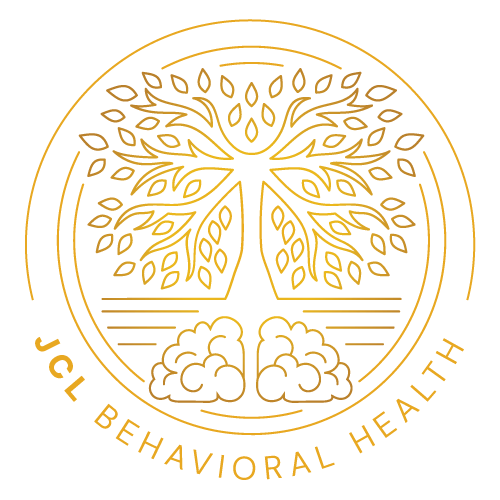Does depression make you tired?
Experiencing persistent fatigue, low energy, or exhaustion is a common symptom of depression. Depression not only affects your mood and interest in activities but also significantly impacts your physical well-being. Alongside feelings of sadness, hopelessness, and disinterest, individuals with depression often struggle with chronic tiredness that can disrupt daily life.
According to the World Health Organization (WHO), approximately 3.8% of the global population suffers from depression, including 5% of adults. This condition is more prevalent among women and older adults. If you are feeling consistently tired and suspect depression might be the cause, it’s crucial to seek professional help. JCL Behavioral Health offers expert mental health care designed to address both the psychological and physical aspects of depression, including fatigue.
Understanding How Depression Causes Fatigue
Depression can make you feel perpetually exhausted due to its wide-ranging effects on your life. Here’s a detailed examination of how depression can contribute to feelings of tiredness:
-
Disrupted Sleeping Patterns
Depression often disturbs sleep, leading to issues such as insomnia or excessive sleeping. Irregular sleep patterns can result in feeling groggy and fatigued during the day. Ensuring good sleep hygiene is essential for managing these symptoms.
-
Altered Diet Habits
Depression can affect your appetite, leading to skipped meals or cravings for unhealthy foods. High-fat and high-sugar diets can worsen fatigue. Maintaining a balanced diet can help mitigate some of the energy-draining effects of depression.
-
Chronic Stress
Chronic stress is closely linked with depression and can deplete your energy levels. Ongoing stress can cause both physical and mental exhaustion, exacerbating feelings of fatigue. Learning stress management techniques is crucial for overall well-being.
-
Medication Side Effects
Antidepressants are frequently prescribed to manage depression, but they can have side effects, including fatigue. If you’re concerned about how your medication is affecting your energy levels, consult your healthcare provider. Often, fatigue decreases as your body adjusts to the medication.
-
Substance Use
Some individuals with depression may turn to alcohol or drugs to cope, which can further exacerbate fatigue. Substance use can complicate the management of depression and increase overall tiredness.
Strategies to Combat Depression-Related Fatigue
Managing fatigue associated with depression requires a multifaceted approach. Here are some effective self-care strategies to help:
-
Improve Sleep Hygiene
- Establish a Regular Sleep Schedule: Go to bed and wake up at the same time every day.
- Avoid Distractions Before Bed: Stay away from screens, alcohol, caffeine, and heavy meals in the evening.
- Create a Restful Environment: Use your bed solely for sleeping to reinforce its association with rest.
-
Stay Physically Active
- Incorporate Regular Exercise: Even light activities like walking or stretching can boost energy levels.
- Choose Enjoyable Activities: Engage in physical activities you find enjoyable to make exercise a positive part of your routine.
-
Seek Professional Help
- Consult Healthcare Professionals: Reach out to qualified professionals at JCL Behavioral Health for a comprehensive diagnosis and treatment plan.
- Consider Therapy and Medication: Options such as Cognitive Behavioral Therapy (CBT) and antidepressants may be beneficial. Discuss any concerns or side effects with your healthcare provider to find the best approach for you.
JCL Behavioral Health offers specialized care tailored to your needs, including medication management and therapeutic interventions designed to alleviate both the psychological and physical symptoms of depression.
In Conclusion
Fatigue and low energy are prevalent symptoms of depression that affect many aspects of life. With appropriate professional help and effective self-care practices, including improved sleep and increased physical activity, managing depression-related fatigue is achievable.
FAQs
Why do some people suffer from depression and not others?
Depression often runs in families, suggesting a genetic component. However, many individuals without a family history of depression still develop the condition.
Can people with depression lead a normal life?
Yes, with early and consistent treatment, many individuals can manage their symptoms effectively, regain control of their lives, and enjoy daily activities.
Why does depression cause fatigue?
Research indicates that stress related to depression can lead to inflammation in the body, resulting in fatigue and hypersomnia. It can also cause withdrawal from social activities and difficulty concentrating.
Is exhaustion a sign of depression?
Yes, constant tiredness, a lack of energy, and physical exhaustion are common signs of depression. This type of fatigue can significantly impact daily activities and overall quality of life.




No comment